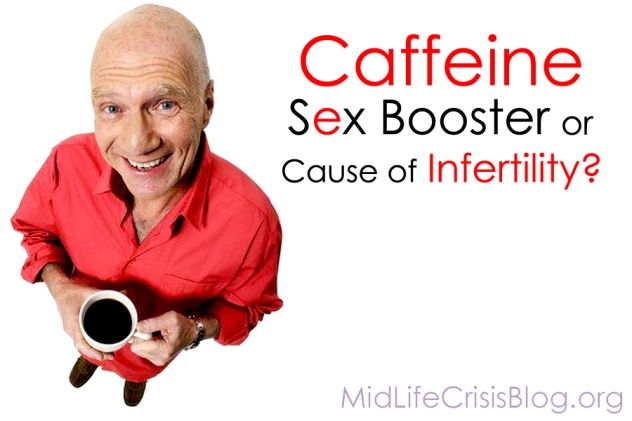Optimists Enjoy Better Health
It seems life’s most public optimists – “Can Do” power houses like Lance Armstrong, Bill Gates and Michael J Fox – are onto something.
New research indicates being an optimist significantly cuts your chances of suffering a heart attack, and even helps you live longer.
In the largest study done on the effect of positive thinking on health, University of Pittsburgh researchers found that compared to pessimists, optimists had a nine per cent lower risk of developing heart disease and a 14 per cent lower risk of dying from any cause.
Bad Times Bring Good
Seven times Tour de France winner Lance Armstrong credits much of his own success on the bike to his battle with testicular cancer.
“I don’t think it’s a stretch to say that none of, none of my success on the bike would have been possible without that disease,” he said. “Life wouldn’t have been necessarily empty, but it would not have looked like this.” Armstrong also said his optimism is inspired by his mother, who overcame her own set of challenges as a teen mom.
“I give all the credit to my mom,” he said. “She’s really a survivor. She’s as strong and tough as they come and she never looks at anything in a negative light.”
Incurable Optimist Michael J Fox
Armstrong’s personal example, and the LiveStrong foundation he set up to support cancer survivors, inspired actor Michael J Fox to start his own Fox Team foundation for research into Parkinson’s Disease.
In his most recent book Always Looking Up – the Adventures of an Incurable Optimist Fox says that “for everything the disease has taken something of greater value has been given. It may be one step forward two steps, back but I’ve learned what is important is making that one step count.”
Bill Gates – Impatient Optimist
He’s in good company. Microsoft founder Bill Gates has characterized himself as an “impatient optimist.” And for those that know him, both terms describe him well.
Gates has focused on his philanthropic efforts–which focus on areas where there is great suffering as well as the means to alleviate that suffering through attention and increased resources. But, too often, he says change is not coming quickly enough.
The University of Pittsburgh study – on post-menopausal women – found the positive benefits of being optimistic were independent of income, education, or “health behaviors like [controlling] blood pressure and whether or not you are physically active, or whether or not you drink or smoke,” says Dr. Hilary Tindle, lead author of the study. “I was surprised that the relationship was independent of all of these factors.”




 Nat King Cole knew more than we realised when he sang “Smile, what’s the use of crying, You’ll find that life is still worthwhile, If you just smile.”
Nat King Cole knew more than we realised when he sang “Smile, what’s the use of crying, You’ll find that life is still worthwhile, If you just smile.” If you’ve ever been tempted to ‘keep yourself young’ by following the advice to do something that frightens you every day then you’d be inspired by my friend Helen Brown, an award winning columnist and best-selling author.
If you’ve ever been tempted to ‘keep yourself young’ by following the advice to do something that frightens you every day then you’d be inspired by my friend Helen Brown, an award winning columnist and best-selling author. As a baby boomer lucky enough to have made it through to the 21st century, I can’t imagine a better time to be a woman! With access to work, education and leisure opportunities like never before, I just can’t imagine what woman have got to not to be happy about.
As a baby boomer lucky enough to have made it through to the 21st century, I can’t imagine a better time to be a woman! With access to work, education and leisure opportunities like never before, I just can’t imagine what woman have got to not to be happy about.


Reply